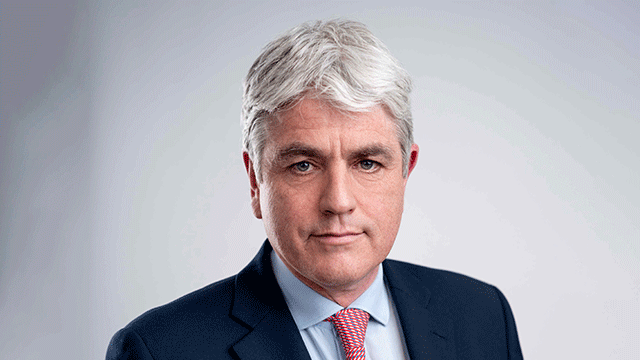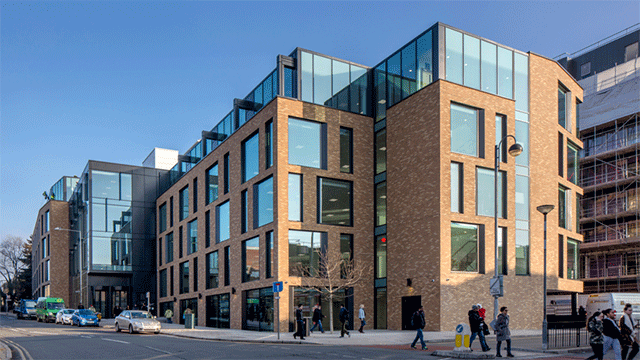 Since 23 June, investors have been trying to determine what will be the impact on UK asset prices over the medium and long term due to the decision to leave the EU. Until the shape and timing of an eventual Brexit is clear, it is impossible to say for sure. However, when it comes to UK real estate, there are a number of factors I believe investors must keep in mind.
Since 23 June, investors have been trying to determine what will be the impact on UK asset prices over the medium and long term due to the decision to leave the EU. Until the shape and timing of an eventual Brexit is clear, it is impossible to say for sure. However, when it comes to UK real estate, there are a number of factors I believe investors must keep in mind.
I started out as an institutional investor in 1982. Back then, investors focused on how their investments were split among currencies. Over the last few years, until recently, the major currencies (US dollar, sterling and euro) traded within a reasonably small range. Following the Brexit vote, with the major fall in sterling versus the US dollar, people’s perceptions have changed.
Your view on UK real estate will therefore vary greatly depending on whether you are a sterling or a non-sterling investor.
For sterling-based investors, the outlook for UK real estate depends significantly on inflation expectations. On a fundamental basis, with the threat of Brexit hanging over the property market, commercial, industrial or prime real estate do not appear attractive, unless you believe inflation is making a long-term comeback – in which case, these sectors could be attractive.
Sterling investors also need to consider the likely demand for different types of real estate in terms of cash flows. At the moment, London residential real estate, as well as office, commercial and industrial real estate across the UK, all look expensive and overbuilt; I would therefore not expect much growth in these areas unless the threat of a “hard” Brexit disappears.
However, if a falling pound leads to increased inflation and therefore increased property prices, long-term inflation could bail out those who invested in these expensive sectors.
Outside of London, there is too low a supply of lower-cost residential homes to meet the ever-growing demand; I therefore think these assets are cheap and I see opportunities in this sector.
From the perspective of an international investor, one needs to take into account the currency effects and, given the major fall in sterling, London residential property looks more attractive internationally than it does domestically, with property outside of London looking even more attractive.
In terms of light industrial or commercial property in the UK, your view will depend largely on where you see the economy going. If the risk of “hard” Brexit fades, then the fall in sterling will be temporary, creating bargains.
It is also important to look at real estate in the context of the wider investment landscape. While the property sector is less liquid and therefore slow to react to the referendum vote, other more liquid asset classes, most notably currencies, have repriced very quickly. In my view, with sterling having fallen by as much as 18% between June and November, this liquidity has led to an overreaction on the downside. This therefore creates an opportunity for long-term institutional investors to acquire attractive real estate assets with a cheap pound.
Terra Firma has made significant investments into UK real estate, most notably through our investment in Annington Homes, one of the largest private owners of residential property in the UK. Since we first acquired this business in 1996, we have seen property prices in this country rise, as well as fall, dramatically. However, we continue to believe very strongly in this investment. The UK has incredibly strong fundamentals for residential property investment, with a growing population, strong planning laws and a shortage of lower-priced houses.
While a potential Brexit creates some uncertainty, I do not see a scenario in which the UK’s chronic housing shortage is addressed anytime soon.
Ultimately, anyone considering investing in UK real estate needs to decide what they think will happen with Brexit. If your view is that it will go through and be negative for the UK economy, then you should not be investing in UK property. But if you see Brexit as a good thing, or even just as neutral for the UK economy, or if you think that in the end it will not happen, then property should be a good investment over the medium and long term.
Guy Hands is chairman and chief investment officer at Terra Firma










